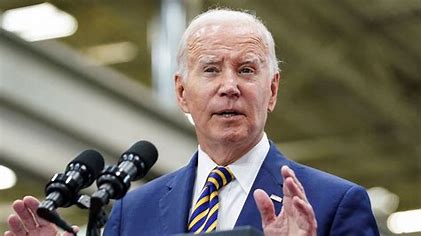|
Getting your Trinity Audio player ready...
|
September 7, 2021
By: Nathaniel Ballantyne
TrueNewsBlog: According to the latest data, more women are going to college then men. As recently as 1970 men were in the majority in college campus (58% to 42%) but new data shows that this trend has reversed. According to U.S. Department of Education, this fall women will make 56% of college students of students on campuses nationwide. By 2026 it is estimated that nearly 60% of all college students will be women. What happened to the men? Why aren’t they going to college and who is responsible for the decline?
While society is busy worrying about gender equality and the controversy over gender neutral bathrooms on campuses a more serious issue is brewing right before our eyes and no one is doing anything about it except a few admission officers in some colleges who are trying to figure out how to get more male students to enroll in college.
Though advocates complain that few in higher education are doing enough to keep those men who do get there from leaving, there’s consensus that men’s reluctance to enroll in the first place isn’t necessarily the colleges’ fault. The problem has its origins as early as primary school, only to be fueled later on by economic forces that discourage men from believing a degree is worth the time and money.
Or even earlier than that. The “anti-school, anti-education sentiment” in boys has roots in kindergarten, when they’re slower to learn to read than girls. Girls at the primary and secondary level worldwide far outperform boys in reading, according to the Organization of Economic Cooperation and Development.
That disparity continues until, by about eighth or ninth grade when boys have totally lost interest. Beyond that point many boys . To them, it means a lot of sacrifice for a vague payoff far in the future.
Low-income boys in places with the most economic inequality, in particular, suffer what one study called the “economic despair” of seeing little hope for financial advancement. They think, they could just start out working in the mall and in six years make the same as a classmate who goes to college and whose first post-college job pays them less than they will be making then.
Meanwhile, boys in many American communities don’t see male role models who have been to college and succeeded, said Keith Bullock at Kentucky’s Berea College which is (56 percent female).
Bullock is the coordinator of programs to support male students, many of them from the Appalachia. “They don’t have those examples of doctors and lawyers and professionals.” Men may also feel they have more alternatives to college than girls do. “For a lot of my [male] high school friends, it was just too much time,” said Smith, the orientation leader at Carlow. “They were ready to get out. As opposed to a four-year college, they could go to an 18-month [vocational-education] program and make just as much money.”
If you ask many experts you will probably get a myriad of reasons and those responsible. But one thing is certain that more men will be poor than women. People with bachelor’s degrees earn 56 percent more, on average, than people with only high-school educations, according to the Federal Reserve Bank of New York. If we do not address the disparity we will end up creating a new class of “losers” that will be very costly to society.






